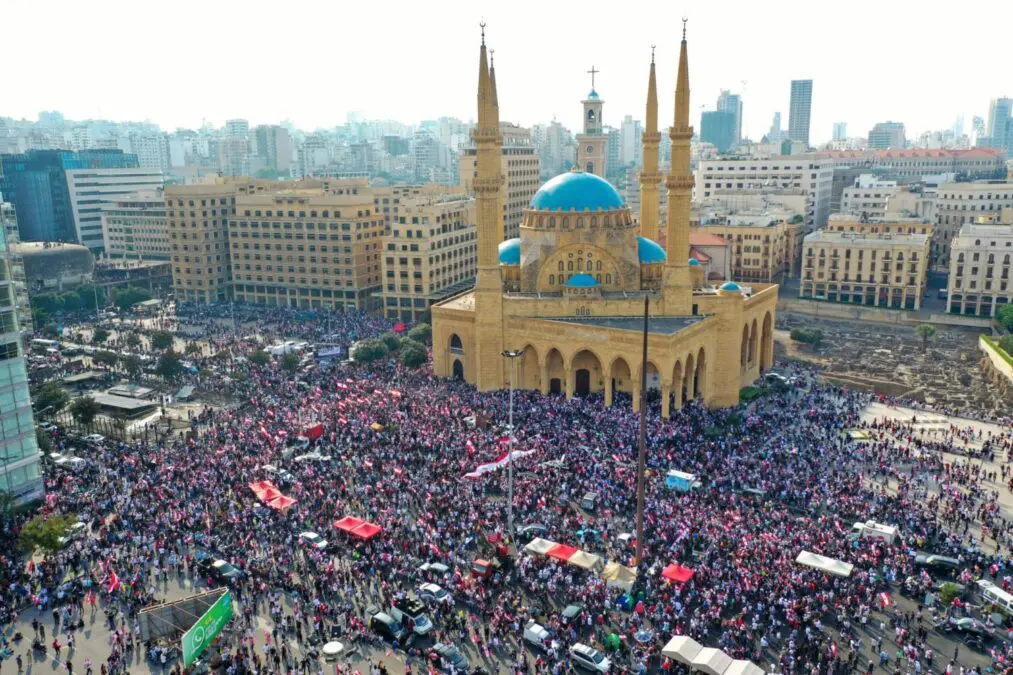The latest scenes we have witnessed in the Lebanese capital, Beirut, show that there is a huge risk that the country will return to those difficult times from 1975 to 1990. The country was then torn apart by a very severe civil war. This was recalled on the air of Bloomberg TV Bulgaria, in the show “In development”, Tsvetan Krastev, analyst at EmergingMarketWatch.
The clashes themselves took place during protests organized by the Shiite Hezbollah party and the Amal movement. The protest was demanding the removal of Judge Tariq Bitar, who is leading the investigation into the explosion in the port of Beirut last year, “he explained.
Krastev said the conflict arose when the protest marched through a border area in Beirut, which divides two neighborhoods – one populated by Shiite Muslims and the other by Christians. There was gunfire during the clash, and it is even rumored that there were snipers on the roofs who fired at the protesters.
In this case, Hezbollah accuses Lebanon’s second-largest Christian party, Lebanon Forces, of deploying gunmen to the roofs of buildings. The Christian Party denies the allegations and claims that the violence erupted after provocation by Hezbollah members, Tsvetan Krastev explained.
He said the biggest problem came from the fact that Lebanon was now back in position as in the previous civil war.
The analyst revealed that for hours there was a shooting and the city within a negative time has become a military zone. The government has sent troops as well as tanks. There are currently seven dead and 30 injured, but the condition is serious and the death toll is expected to increase.
“Hezbollah’s domestic political influence is growing in Lebanon. The party has managed to secure fuel supplies from Iran, but without government permission. This bypasses US sanctions against the sale of oil from Iran,” Krastev said. the party is trying to take advantage of times of energy crisis and win dividends for itself.
However, he is of the opinion that, despite this, trust in Hezbollah is not growing, on the contrary.
“The population is worried about the lack of control over the organization. This is one of the reasons why the situation in Lebanon is as we see it. The citizens there believe that the politicians in the country are evading justice with impunity and no one can do anything about it, “Tsvetan Krastev described the situation in the Middle Eastern country.
Is there a way out of the political crisis in Lebanon? Will Prime Minister Najib Mikati fulfill his promises of economic reforms by the March 27 parliamentary elections? Will he be able to negotiate a new financial rescue package for his country with the IMF?







